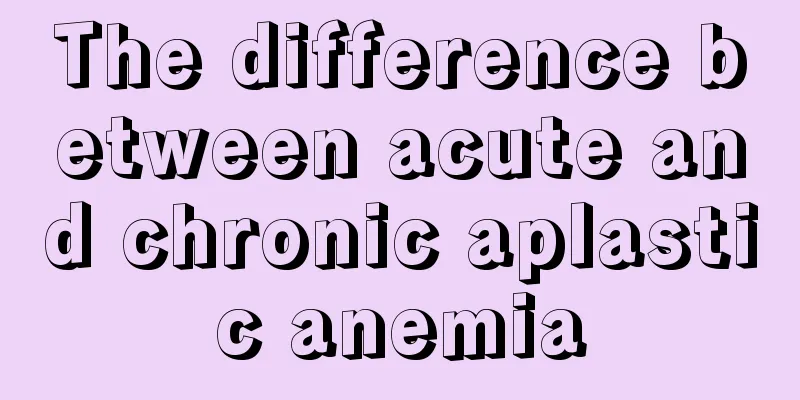Will epidermal cysts disappear on their own?

|
Epidermal cyst is an abscess of benign skin appendages, also known as keratin cyst. It is mostly caused by lesions in the funnel of the hair follicle, leading to the appearance of abscess. Generally, epidermal cysts will not disappear on their own, especially when they are squeezed or infected for a long time. They may recur. For this type of epidermal cyst, it should be treated in time, and surgical treatment is very effective. Will a sebaceous cyst go away on its own ? Sebaceous cysts will not disappear on their own. Due to long-term squeezing, the infection may rupture and discharge the contents. The wound heals, but the cyst wall remains and may recur. Therefore, surgical treatment is generally recommended to remove the cyst wall to avoid recurrence. Sebaceous cysts are commonly known as "sebaceous cysts" They are mostly distributed in the skin or subcutaneous tissue of the head, trunk or genitals, are adhered to nearby tissues, and can be pushed. It is mainly caused by the obstruction of the sebaceous gland excretion duct, which causes the sebaceous gland cystic epithelium to swell with the gradually increasing contents to form a retention cyst. It is characterized by a slowly growing benign lesion. There is white bean curd-like secretion in the cyst. Sebaceous cysts protrude from the surface of the skin and generally have no subjective symptoms. However, they may cause pain and suppuration when secondary infection occurs. Cancer may also occur. Treatment should be surgical resection. Mostly localized cystic tumors Found in childhood and adolescence, it is a slowly growing, small, soft, round or hard cystic mass. It is located under the skin, has no adhesion to the skin, but is very tightly adhered to the basal tissue and is not easy to move. It is more common around the eye sockets, the root of the nose, the occipital region and the bottom of the mouth, followed by the limbs, and can also be found on the chest and back. Clinical manifestations The skin lesions are hemispherical raised masses that grow slowly, have normal skin color, are hard, elastic, and movable, with a diameter of 0.5 cm to several centimeters. They grow slowly and stop growing to a certain size, and there are generally no subjective symptoms. It can occur anywhere, but most often occurs on the scalp, face and neck, trunk, and buttocks. Lesions are usually solitary but may occur multiple times on the head and face in Gardner syndrome. |
<<: What is kidney cyst? Is it serious?
>>: Will a ganglion cyst disappear on its own?
Recommend
What is macular degeneration?
Macular degeneration is actually a retinal diseas...
What are the wonderful uses of lotus seed heart
The lotus seed heart is the green germ in the mid...
Is it normal to feel sleepy after radiotherapy for nasopharyngeal carcinoma?
Is drowsiness and sleepiness a normal reaction af...
What caused the sudden fall
Why do sudden falls occur? In fact, there are rea...
Can women wear newly bought underwear directly?
Underwear has a lot to do with people's healt...
What's the matter with 20 in urine occult blood?
A urine occult blood result of 2+ indicates that ...
What is the best way to treat pituitary tumors?
Because pituitary tumors occur in the more sensit...
A list of the top ten bad habits that shorten your life
1. Make the quilt first when you get up. The huma...
Deep sleep, this is how you understand it
Clinically, sleep is divided into light sleep and...
Why does it hurt after a week of ligament sprain
Ligament sprain is a very common disease. If you ...
The role and efficacy of pressed sesame oil
Flaxseed oil is a health oil with relatively high...
Which is better for anti-inflammatory, intravenous injection or enema
In many cases, there are multiple treatment metho...
The body turns red and leaves marks when scratched
The most obvious symptom of dermatographism is re...
Can I do rehabilitation exercises for kidney cancer?
As the number of kidney cancer patients increases...
The best food to delay aging
Most people are afraid of their skin aging, becau...









